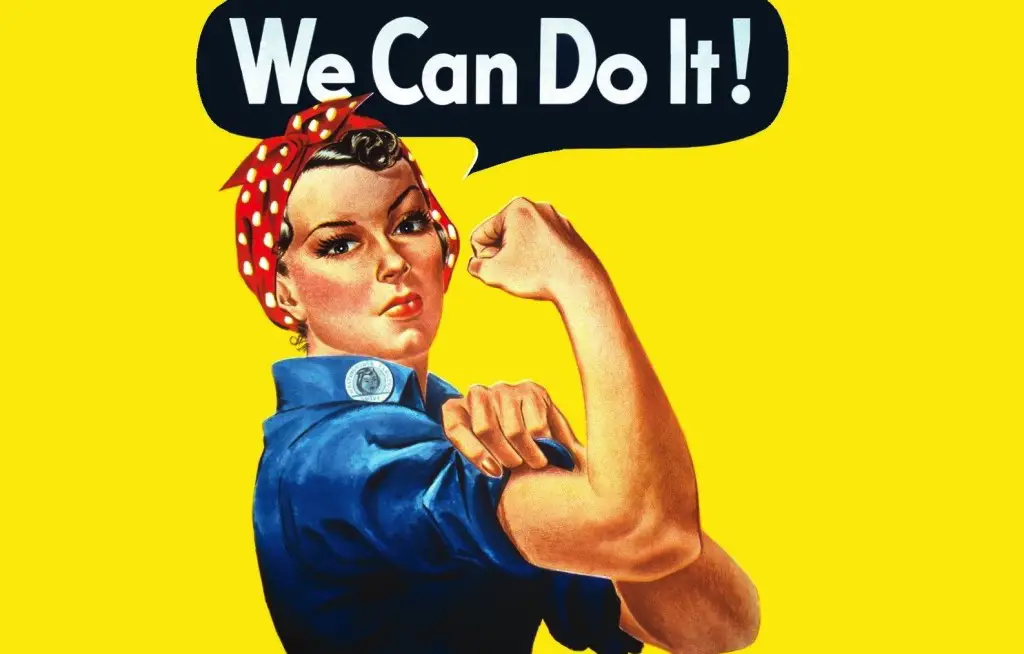Growing up, books have always had a special place in my heart. When I was five years old and my mom would take me to Barnes & Noble or the closest library, I would always drag her to the children’s section to pick out the next book (or ten) I’d want her to read with me before bed. We’d read Berenstain Bears, Arthur, Curious George—anything with words and illustrations. However, if I had to choose a favorite, it was this thick treasury of classic fairy tales.
The book featured some of my favorite stories, like “Cinderella” and “Beauty and the Beast.” The female heroine in each one made me aspire to be a princess, and want to have my own “happily ever after” someday. But, at five years old, I couldn’t really grasp how the characters were more than just girls who lived in castles and wore lavish dresses; they were also determined and brave, and wouldn’t let anyone prevent them from following their dreams.
Looking back, it’s easy to see why I missed a realization like this. As a kid, I read fairytales for enjoyment, as a means of experiencing a world outside of my own backyard. It didn’t cross my mind that the female characters I read about could show me what I’m capable of, and not just the ones in fairytales, but any children’s story.
Nowadays, though, some women are striving to make all the powerful qualities girls exhibit, such as bravery, passion and optimism, more discernible in children’s literature. Books such as “She Persisted” by Chelsea Clinton, and “Good Night Stories for Rebel Girls” by Elena Favilli and Francesca Cavallo, introduce kids to a myriad of women who have had a significant impact on the world we live in. Whether it be changing the face of science, standing up for equal rights or creating art for others to enjoy—they teach young girls that their dreams have no limits, as well as many other lessons that they should firmly hold onto as they get older.
You can be whatever you set your mind to.
Every child is always asked the following question at some point in their K-5 career: What do you want to be when you grow up? In 1989, most children were drawn to professional fields dominated by people of the same gender—boys had their sights set on becoming pro-athletes, service members or engineers, while girls dreamed of being teachers, nurses or hairdressers. However, the same can’t be said in 2017; according to a nationwide survey conducted by “Fatherly” two years ago, the most popular dream job among young girls is a doctor, despite the medical field still being chiefly male.
This new wave of girls interested in medical careers, or any career that is traditionally held by a man, is largely thanks to the growing number of women pursuing them and achieving success to boot the stereotype of women working certain jobs—similarly to the many women who came before them. And there have been many, as featured in “Good Night Stories for Rebel Girls”: astronaut and doctor Mae C. Jemison, motocross racer Ashley Fiolek, boxer Mary Kom—the list goes on and on. They prove to young girls that being a minority in a professional field doesn’t make them any less capable of doing a job well done, and when it comes down to it, they should follow a career path that they’re absolutely passionate about.
You’re never too young to stand up for what you believe.
When you’re at any age below your early twenties, it’s very easy for people to dismiss your thoughts and ideas on anything that has a vast impact on society. People will say that you aren’t qualified enough to make certain judgements, and that you might as well sit down and keep your mouth shut. And as for girls in these activist positions, they have to push even harder to get their voices heard, since they are frequently overlooked not only for their age but because of male privilege.
This explains the many young women throughout history that are presented in both Clinton’s, and Favilli and Cavallo’s books: Ruby Bridges, Helen Keller and even current elementary school student Coy Mathis. During their time, each of these girls experienced backlash from society for being different at a young age and wanting to see positive change for others like them. Yet, they all stood their ground and continued to fight for equal opportunities and respect for everyone, because they knew their voices were just as powerful as any adult’s.
Never give up.
For anyone who’s ever had a dream that they wanted desperately to fulfill, the above phrase serves as a constant reminder that the road to success can be rocky. There are going to be people who reject your skills, your creations and your vision for the future time and time again. And, at the end of the day, you have to decide if you want to work harder or let all the hard work you put in go to waste.
Another way of defining this phrase is persistence. The word has gained more attention after Senator Majority Leader Mitch McConnell commented on Senator Elizabeth Warren’s refusal to be silenced by the Senate during a 2017 ruling—“Nevertheless, she persisted.” This very motto has inspired countless memes on the internet, as well as the children’s book under Clinton’s name. And with a book like this highlighting the accomplishments of a diverse cast of women, all of whom persisted when the odds didn’t seem in their favor, young girls everywhere feel more empowered to keep reaching for the stars.
Bottom line—the lessons girls need to feel powerful and tenacious are not going to be appreciable when reading a princess story at bedtime, at least not the first time around. Girls need books that scream “girl power” on the shelf next to their favorite fairytales, books that are the epitome of feminism. Because someday they might be told they aren’t good enough, just because they’re a girl. And with an astonishing number of stories starring female influencers collected throughout their childhood, they will feel motivated to pursue whatever they want, and if they have to, fight for equal opportunities so they can get where they want to be.









